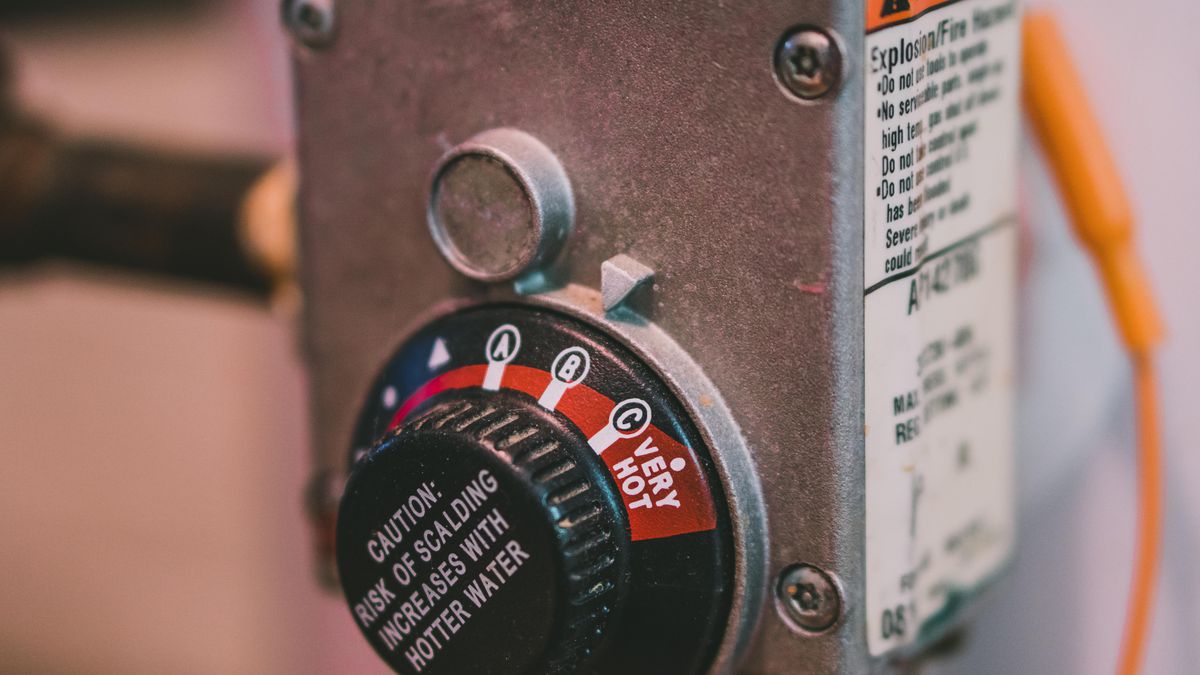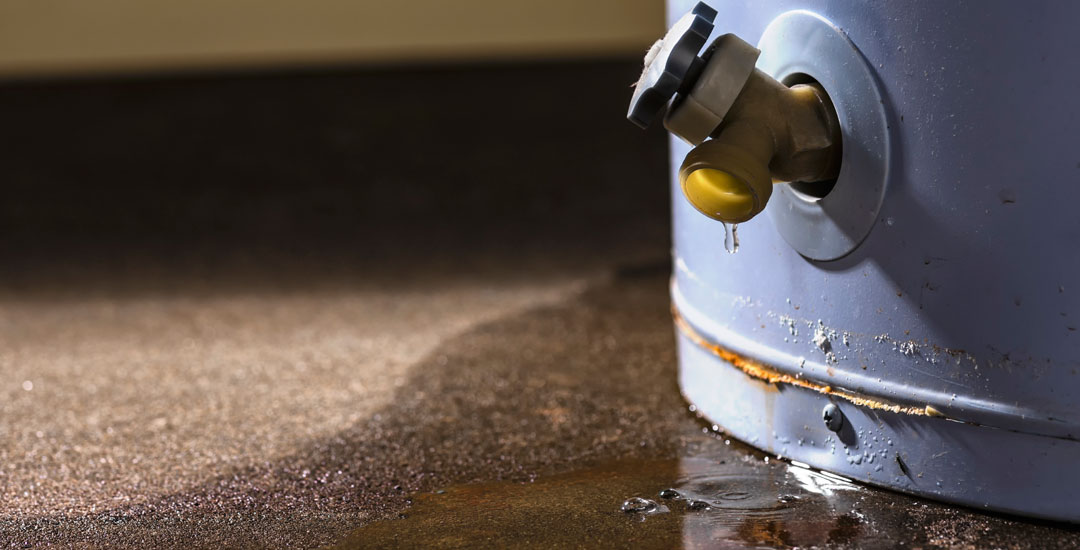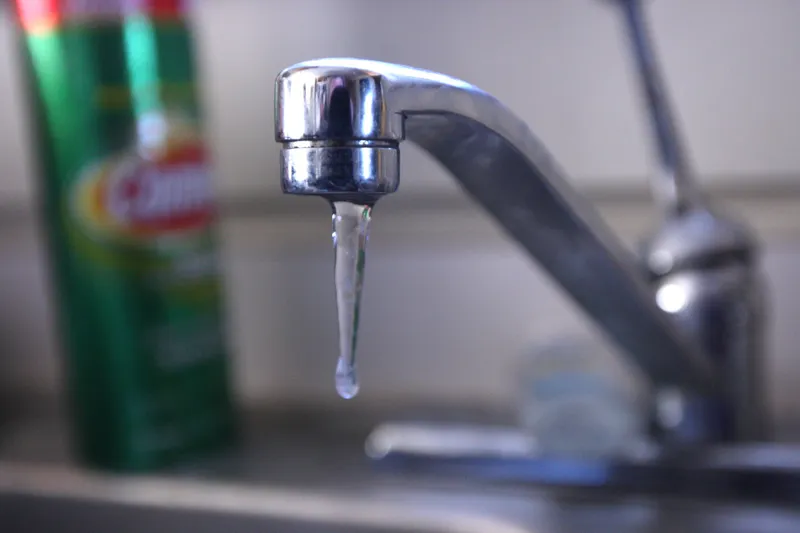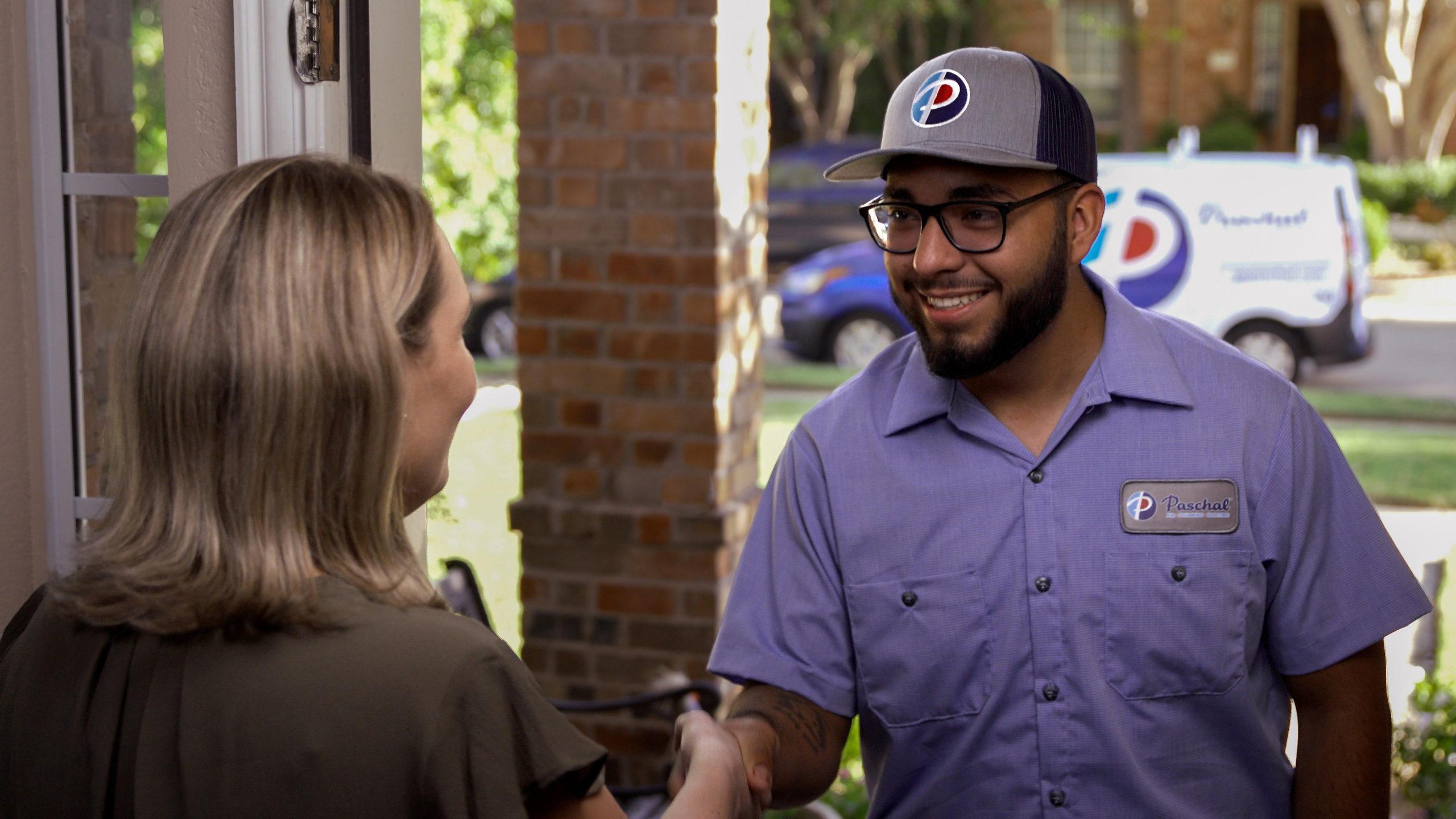
A common household problem that you may experience is having no hot water. This can be frustrating and inconvenient, especially when you are in the middle of taking a shower or washing dishes. In this article, we will guide you through the process of diagnosing and repairing the issue, saving you time and money in the long run.

What Causes No Hot Water in Your House?
There are several reasons why you might not have hot water in your house. Some of the most common causes include:
- Broken Heater: A broken heater is one of the most common causes of no hot water. It can be due to a malfunctioning heating element, a damaged thermostat, or a failed heating control circuit.
- Insufficient Gas Supply: If you have a gas-powered water heater, you may have no hot water if the gas supply is insufficient. This can happen if the gas line is clogged, the gas valve is not open, or the gas pressure is too low.
- Low Water Pressure: If the water pressure in your house is low, it can affect the performance of your water heater, leading to no hot water.
- Sediment Build-up: If you have an older water heater, sediment build-up can reduce its efficiency and cause no hot water. The sediment can clog the heating element, reducing the amount of hot water produced.
- Electrical Issues: If you have an electric water heater, no hot water can be caused by electrical issues such as a tripped breaker or a failed heating element.

Suspect a Broken Water Heater?
A broken water heater is one of the most common reasons for not having hot water in your home. When a water heater is broken, it can no longer heat the water that is stored in the tank, leaving you without hot water.
There are several components in a water heater that can cause it to break, including the heating elements, thermostat, and pressure relief valve.
- Heating Elements: The heating elements are the components that heat the water in the tank. If one of the heating elements is broken, it can cause the water heater to stop heating the water. This is typically caused by a short circuit or a failure in the heating element itself.
- Thermostat: The thermostat is the component that controls the temperature of the water in the tank. If the thermostat is broken, it can cause the water heater to stop heating the water. This is typically caused by a malfunction in the thermostat or a failure in the wiring that connects the thermostat to the water heater.
- Pressure Relief Valve: The pressure relief valve is the component that releases pressure if the water in the tank becomes too hot. If the pressure relief valve is broken, it can cause the water heater to stop heating the water. This is typically caused by a malfunction in the valve or a failure in the plumbing that connects the valve to the water heater.
If your water heater is not heating the water, it is important to diagnose the issue and repair it as soon as possible. This will prevent further damage to your water heater and ensure that you have hot water in your home. If you are unsure about how to diagnose or repair a broken water heater, it is best to consult a plumber. They will be able to diagnose the problem and provide a solution.

How to Diagnose the Problem?
To diagnose the problem, you will need to follow a few simple steps:
- Check the Heater: If you have no hot water, the first step is to check the heater. If you have a gas-powered water heater, make sure that the gas valve is open and that there is enough gas supply. If you have an electric water heater, make sure that the breaker is not tripped.
- Check the Thermostat: If the heater appears to be functioning properly, you may need to check the thermostat. If it is set too low, it will not produce hot water.
- Check the Plumbing: If the water pressure in your house is low, it can affect the performance of your water heater. You can check the water pressure by turning on a faucet and checking the flow.
- Check for Sediment Build-up: If you have an older water heater, sediment build-up can cause no hot water. You can check for sediment by draining a small amount of water from the tank.
How to Repair the Problem?
Once you have diagnosed the problem, you can then proceed to repair it:
- Replace the Heating Element: If the heating element is damaged, you will need to replace it. This can be done by shutting off the power, draining the tank, and replacing the heating element.
- Replace the Thermostat: If the thermostat is damaged, you will need to replace it. This can be done by shutting off the power, removing the thermostat, and installing a new one.
- Clean the Sediment Build-up: If there is sediment build-up in your water heater, you can clean it by draining the tank and removing the sediment.
- Repair the Electrical Issues: If you have electrical issues with your electric water heater, you may need to repair the breaker or the heating element. It is best to consult an electrician if you are unsure about how to repair these issues.
- Increase the Water Pressure: If the water pressure is low, you can increase it by checking for leaks in the pipes and repairing any that are found. You may also need to install a water pressure pump to increase the water pressure.
Call a Plumber: If you are unable to diagnose or repair the issue, it is best to call a plumber. They will be able to diagnose the problem and provide a solution.
Tips for Maintaining Your Water Heater
To ensure that you have hot water in your house, it is important to maintain your water heater. You should consult with a professional plumber, and consider joining a maintenance plan that helps to prevent issues or damage to your water heater. Water heaters require yearly flushes to drain the sediment from the tank, and may need some parts replaced over time, such as the anode rod which is designed to be replaced every few years.
Tap here to learn more about plumbing maintenance plans offered at Paschal.

Call a Professional Plumber
No hot water in your house can be frustrating, but with a little troubleshooting and some simple repairs, you can have hot water again in no time. Remember to follow the steps outlined in this article to diagnose the problem and make the necessary repairs. If you are unsure about any aspect of the repair, it is best to consult a professional plumber like Paschal Air, Plumbing & Electric. If you have no hot water in your house or suspect issues with your water heater, then schedule your next appointment online.





